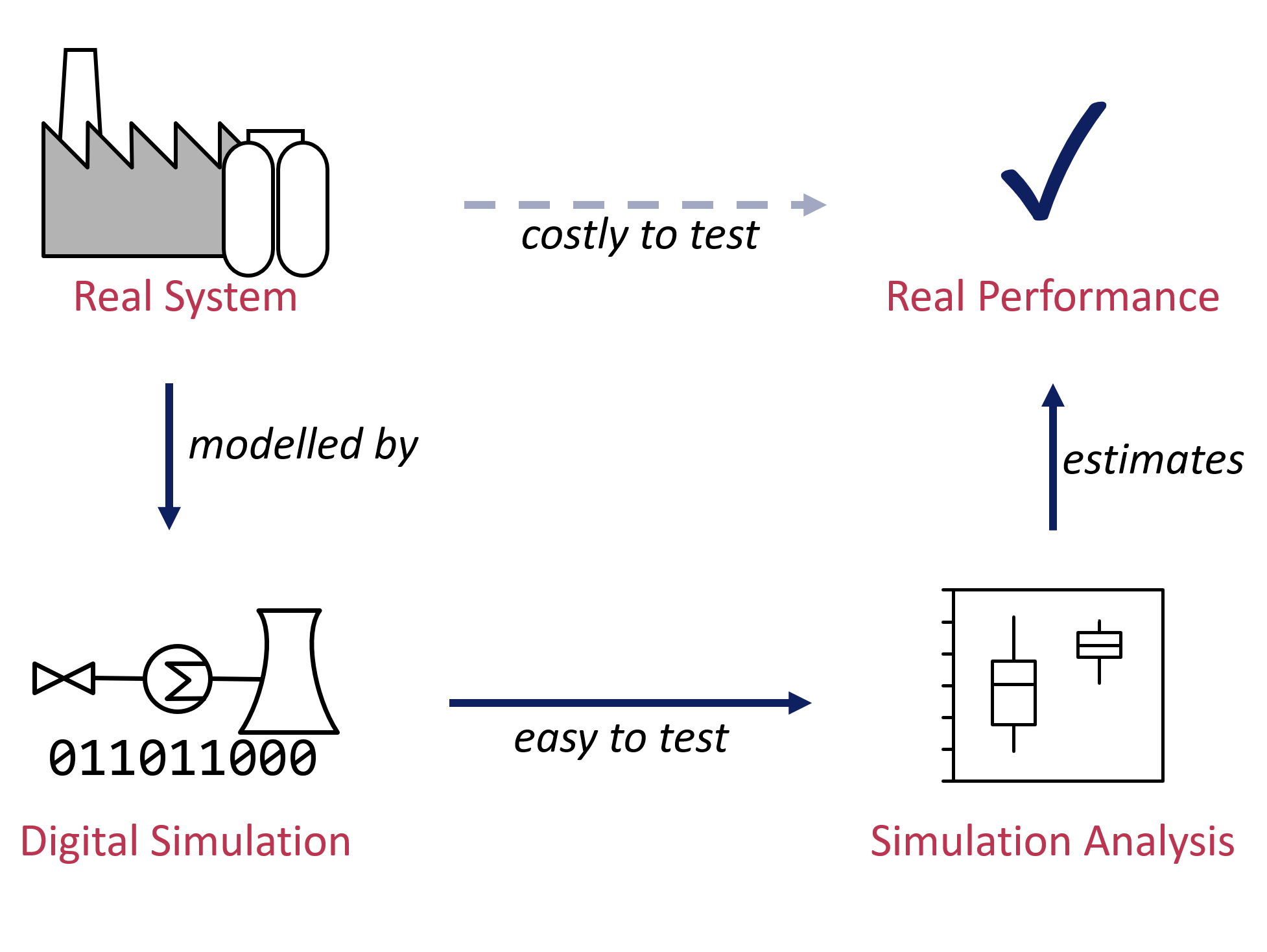
AI increases the importance of reputation
Generative AI has grown amazingly fast in capability and scalability. As it permeates through industries my guess is that personal relationships will grow in importance. While it is a powerful tool that can help people build their skills and capabilities, I think it will actually help existing and entrenched players while making it more difficult for new market entrants. They will need to differentiate themselves from low effort offerings to somehow build their reputation.

Knowledgable Nudges
Earlier this week I was tackling some Advent of Code puzzles from 2023. After being stuck for a few hours with day 12’s problem I took a peek online and found I was 90% on the right track, just missing one small optimisation. Also this week, a game called Kerbal Space Program (KSP) had its sequel all but cancelled and commentators are pointing at poor project management. Specifically, not utilising the old KSP team at all. Both of these are examples where a knowledgeable nudge can go a long way.



Tay Tay and breaking strategic lock-in
I’m definitely late to the party on making a Taylor Swift post, but in the wake of her Melbourne shows I saw a very interesting discussion online. There were a number of people from the US surprised at pictures of the Melbourne Cricket Ground (MCG, “The G”). They wondered, how do you fill a stadium that can hold 100,000 people with barely any parking? The answer is public transport as this video explains. Observing this discussion made me wonder how often we get stuck in a way of doing things believing our strategies are forced by the wider system around us.

Honest communication vs. the principle agent problem
Recently I read an interesting article by Jesse Smith discussing how the HVAC industry in New Jersey had a poor track record of correctly installing systems. Key for this discussion, they also had a poor record of verifying their installation once finished. Under performing HVAC systems is the natural result with low airflow which has been especially detrimental during the COVID years. Any specialty can suffer from these sorts of issues including my own, advanced analytics.

Painting ridiculous furniture and why automation is awesome
I’m quite enthusiastic about automating processes that are capable of being automated. Not only does it frequently save time, but even in cases where it doesn't, the consistent outcomes justify the investment of effort. Every so often, I find myself needing to revisit this principle, and I was recently reminded of its importance while painting a chest of drawers.

Mapping the best of both worlds
Last week I mentioned the Assyrian traders who would carry cloth and tin from northern Mesopotamia to central Anatolia [1]. Tin is used to make bronze and its rarity makes it valuable enough to transport despite its weight. Cloth took an inordinate amount of labour to produce in the pre-industrial world and so was similarly valuable, but was bulky and took a large amount of space rather than just pure weight. How do we balance these two when setting out on our donkey?

When being greedy doesn’t pay
When making schedules or other complex decisions, one of the most tempting ways to solve the problem is to use a greedy algorithm. Load the most expensive item by weight into your ship or buy the giant butter block because it has the lowest unit price (and upgrade the fridge to fit your Cosco quantity containers). Greedy algorithms take the best option that is available according to a simple measure and ignore future consequences. But are they the best choice?

Solving Unsolvable Problems
It’s surprising how often people can solve unsolvable problems. The trouble is finding the right knowledge to apply to the problem. They just haven’t encountered the required techniques before.

Why asking “so what?” is a powerful analytical tool
Whether you call it analytics, data-science, statistics, optimisation, modelling, or something else, knowledge work needs to link back to the real world to be useful and the way this happens is through decision-making. I find it’s imperative to always keep in the back of your mind the decision that your work will be supporting.

The objective is always profit (almost always)
When using optimisation in a business environment, the objective should (almost) always be to maximise profit. To some this might be a controversial opinion, to others it might so obvious as to not be helpful. I think the statement is not only true, but also it is imperative to keep in mind when optimising.

Understanding systems through simulation
Operations of industrial sites or logistics can be complex and difficult to understand. To understand a system properly, the best way is to dive in to the system and play with it, to change things and see how the system as a whole reacts to those changes. But this can be risky, using trial and error in real-time. Wouldn’t it be great if this was easy to do?

Why ignore extreme events?
For much of my analytics work, disasters, force majeure, and large breakdowns are excluded from scope. It’s not because they’re not important! Recently an LNG tanker docked at the Curtis Island terminal near Gladstone was unable to be moved and blocked the terminal for 11 days, likely costing tens of millions of dollars. So why exclude such extreme and rare events?

When Queues Explode
A somewhat unintuitive result is that if demand is random, as demand approaches delivery capacity, the queue size will tend to grow without bound. But this is ok for 2 reasons.
